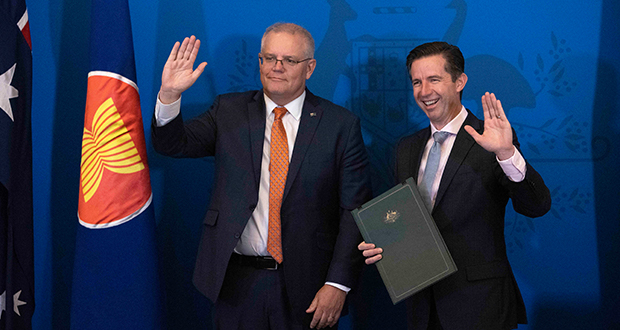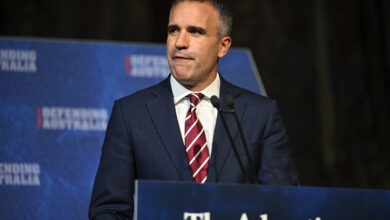The largest trade deal in history: a threat to aged care reform?

A new free trade deal could make it more difficult to improve conditions in aged care, experts have warned.
Australia, along with 14 other countries including China, New Zealand, Japan and Indonesia, signed the Regional Comprehensive Economic Partnership Agreement (RCEP) last year.
Aged care was excluded from the government’s list of services exempt from trade liberalisation. Health care, child care and public transport were all included.
This detail could potentially deregulate the sector further, making it easier for foreign investors to knock back reforms for better staffing ratios and increased transparency.
“We would argue that the agreement should be amended to specifically exclude aged care,” said Dr Patricia Ranald, convener of the Australian Fair Trade Network (AFTINET).
“Particularly, in the context of the royal commission which has made very substantial and extensive recommendations about increasing regulation in aged care in terms of staffing levels, staffing qualifications, quality of care, licencing arrangements – all of those are things which could be limited in the rules of the RCEP.”
The government said aged care is listed under the healthcare umbrella, whereas according to Dr Ranald, it should have its own category.
“There's a series of UN codes that are used in all trade agreements; aged care is actually a separate classification from health care,” she said.
“That's why we have a separate minister who looks after aged care, because aged care isn't just for sick people.”
When negotiations began in 2012, Ranald said the sector was led by non-profits and domestic providers, making the omission unintentional.
Fast forward to today, the billion dollar industry is dominated by foreign players and for-profits.
One of Australia’s largest, Opal HealthCare, is based in Singapore – a country in the RCEP.
If legislation is passed international companies could dispute any reforms enacted by the royal commission as burdensome.
“One of the reasons it's only come up now is because we don't see the text of the agreement until after it's signed,” said Dr Ranald.
“This omission of aged care is a casualty of the lack of consultation during negotiations.”
Key advocacy organisations and trade unions have urged the government to exempt aged care in the deal before legislating later this year.
The NSW branch of Australian Nursing & Midwifery Association (NSWNMA) penned a letter in April sharing their concerns.
“I think the problem with the trade agreements is that the threats are all potential until you start to see a chilling effect in the regulations that come in,” said NSWNMA spokesperson Michael Waites.
Another significant threat, according to Waites, is an RCEP provision which does not require foreign investors to have a physical presence in Australia.
This loophole could allow international providers to evade local amendments which require increased financial reporting.
“If we've got a provider who doesn't have a headquarters here in Australia, then how does a community lobby them for improvements?” said Waites
“How do you hold someone accountable if they don't have a physical presence in the country, and the end decision maker isn't physically in the country?” he said.
The royal commission identified a lack of transparency as a "pervasive feature" leading to poor standards of care.
A public inquiry into the agreement is now underway, with a series of virtual public hearings held last week. Australia is expected to ratify the trade agreement by the end of this year.
Waites said he held "little hope" of whether the changes will be made in time.
“They’ve not listened to us when we’ve raised real and significant concerns with previous trade agreements.
“We’re losing transparency, we’re losing accountability, and the people that potentially will suffer from this are our aged care residents and the workers who are trying to provide the care that they deserve and require."
Email: [email protected]





